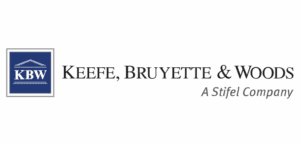New CFP Board Enforcement Rules Kick in Sept. 1. Here's What You Need to Know.

“This change means that certificants will not be found to have failed to cooperate if they don’t produce documents that they have in their possession if it is their firm, and not them, that controls the documents,” Sporkin said.
The revised Procedural Rules also “introduce a new way for CFP Board enforcement staff to seek information called an ‘Informal Inquiry,’” Sporkin said. “This less formal outreach allows Enforcement Counsel to seek information from an individual or entity without opening a formal investigation.”
In June, CFP Board released its annual Ethics Report, which notes that the board opened 907 investigations last year and closed 957.
CFP Board Year in Review Ethics Report, June 2023
David Hantman, principal at Bressler, Amery & Ross, told ThinkAdvisor that the rule changes are “significant because following the adoption of these new rules, all CFP members under investigation by the CFP Board must ensure that they adhere to these rules and procedures.”
In many ways, Hantman said, “the revised rules provide further clarification and assistance for CFP members responding to an investigation. The CFP Board appears to have considered industry and member feedback, and designed changes that provide greater clarity and a more common sense approach.”
Hantman agreed that among the “most significant modification” to the procedural rules is the Duty of Cooperation.
“A respondent must only produce documents in its control,” Hantman said. “The previous definition, which required respondents to produce documents in its possession, custody or control, proved difficult because many documents are firm documents that the individual is not permitted to provide outside the firm pursuant to firm policies and procedures.”
Other revisions to the CFP Board rules transfer some administrative functions from enforcement to adjudication; require respondents who are the subject of an Interim Suspension Order to file a Petition for Reinstatement within two years or receive an Administrative Order of Revocation; and establish a process for admitting expert witness testimony.
Photo: Tom Sporkin




